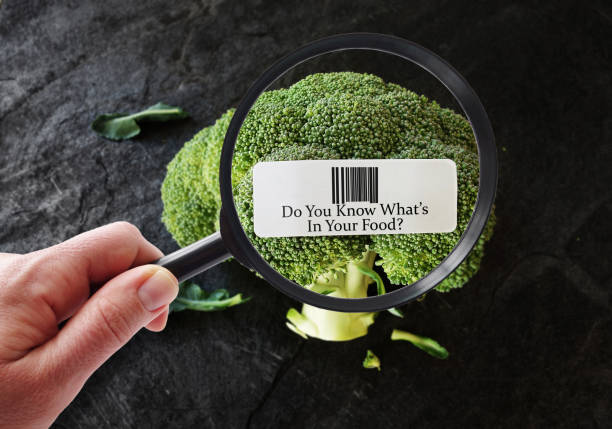“Let food be thy medicine, and medicine be thy food.”
Those are famous words from the ancient Greek physician Hippocrates, often called the father of Western medicine

But in the beginning, what is food safety?
Food safety refers to the process of scientific regulation that describes the handling, processing, and storage of food in ways that prevent foodborne illness. This includes a number of traditional methods that must be followed to avoid exposure to any potential acute health risks. Food has the ability to transmit many diseases from one person to another, in addition to playing a role as a mediator for the growth of bacteria that cause food poisoning.
The most famous organizations related to food safety:
| Egyptian Food Safety Authority | U.S. Food and Drug Administration (FDA( |
| Canadian Food Inspection Agency (CFIA) | Minister of Economy |
| Administration and Control | United States Department of Agriculture (USDA) |
| Agriculture and Agri-Food Canada (AAFC) | National Food Safety and Quality Service |
| Administration and Control | Joint Expert Committee on Food Additives (JECFA) |
Challenges facing food control authorities:
- Increasing the burden of foodborne diseases and sources of new and emerging foodborne hazards;
- Rapidly changing food production, processing and marketing technologies;
- Establishing science-based food control systems focused on protecting consumers;
- global trade in food and the need to harmonize food safety and quality standards;
- Changing lifestyles, including the rapid expansion of cities;
- Growing consumer awareness of food safety and quality issues and a growing demand for quality information.

The food legislation is supposed to include the following aspects:
To provide a high level of health protection:
- include clear definitions that ensure consistency and confidence in the rule of law.
- be based on excellent, transparent and objective legal advice in risk assessment, risk management and reporting.
- To include a provision allowing precautionary measures and temporary measures to be taken when health risks are identified of an unacceptable level until a full risk assessment is completed.
- to include provisions on the right of consumers to obtain accurate and adequate information.
- To include texts on food product traceability and its recall from the market when any problem arises.
- To include clear texts indicating that the primary responsibility for food safety and quality is the responsibility of the production and processing sectors.
- include a commitment not to put food on the market unless it is safe and properly presented.
- To also recognize the country’s international obligations, particularly in the field of trade.
- To ensure transparency in the development of food law and in access to information.

To keep you safe, we are very concerned about the safety of our food products, which are under the supervision of the most skilled agricultural engineers.


